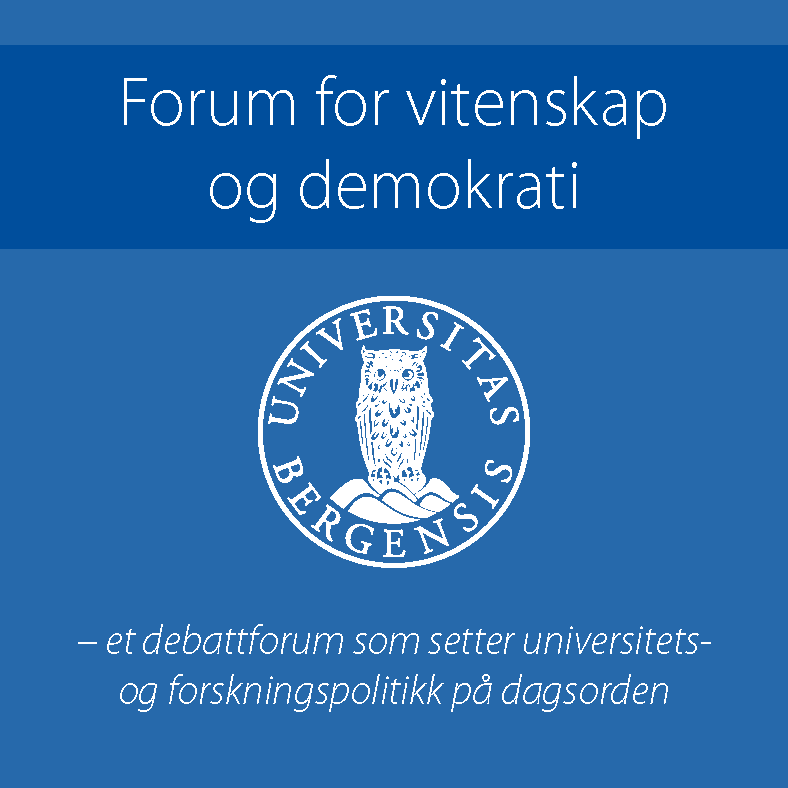Dieter Plehwe: Why do university professors join think tanks?

Hovedinnhold
Think tanks are situated at the interface of politics, media, business, and academia. The number of think tanks is growing, with increasing influence on the relationship between knowledge and politics. Academics from universities and research institutes sit on think tank boards and perform a variety of functions for think tanks. Is this why think tanks are considered more successful “knowledge advisors” than universities?
Academics at university continue to occupy a particular intellectual authority based on their distance to interest groups. Can such a claim to special positions of public intellectuals be maintained if university professors act both inside and outside the protected realm of the university?
Dieter Plehwe, senior research fellow at the Wissenschaftzentrum Berlin, is a co-editor of The Road to Mont Pelerin (2009), Nine Lives of Neoliberalism (2020) and Market Civilizations (2022). His current project on the Atlas Network maps the scope and influence of neoliberal think tanks (like Civita) in five world regions.
Møteleder: Tor Halvorsen
Enkel frokost fra kl. 8 til de første som kommer
